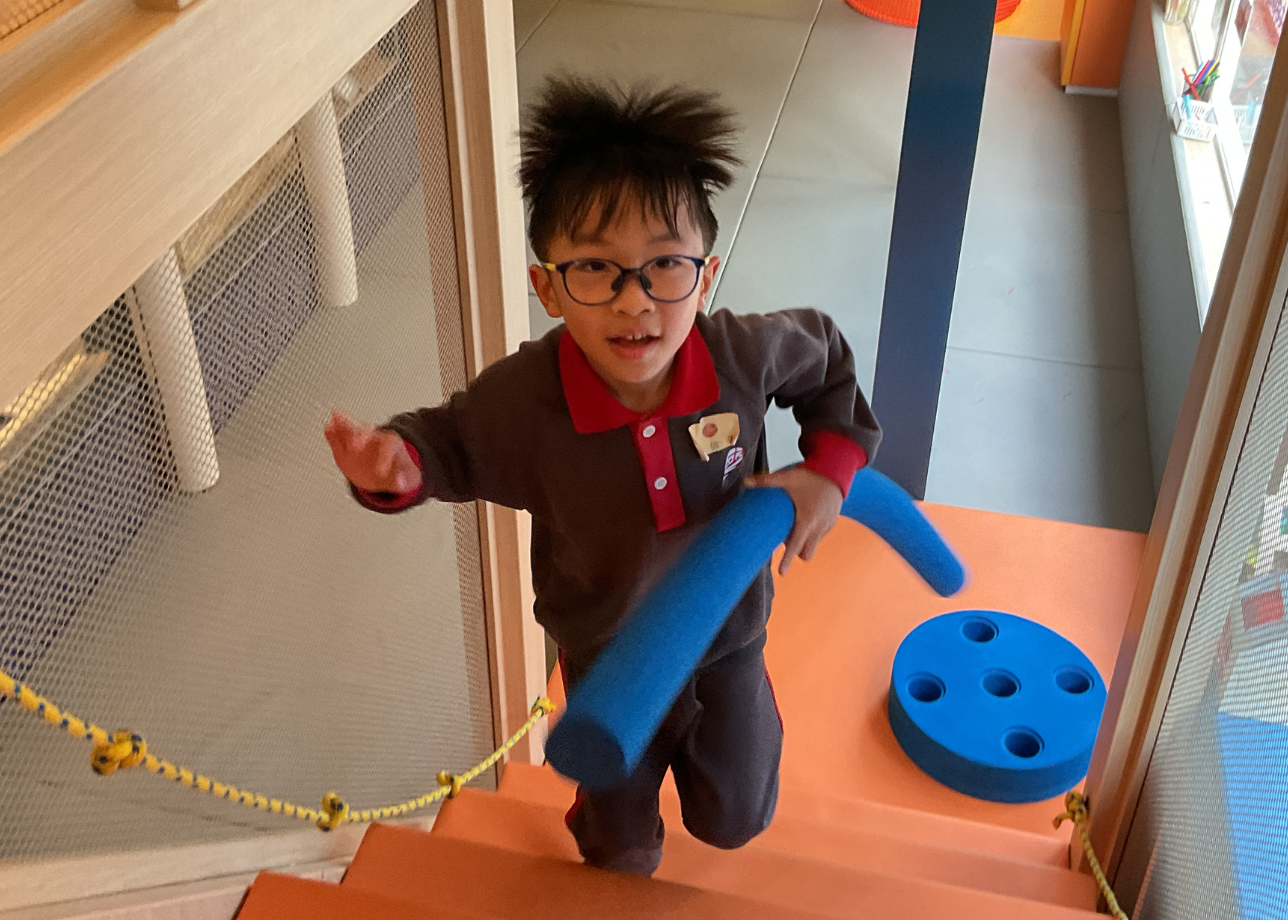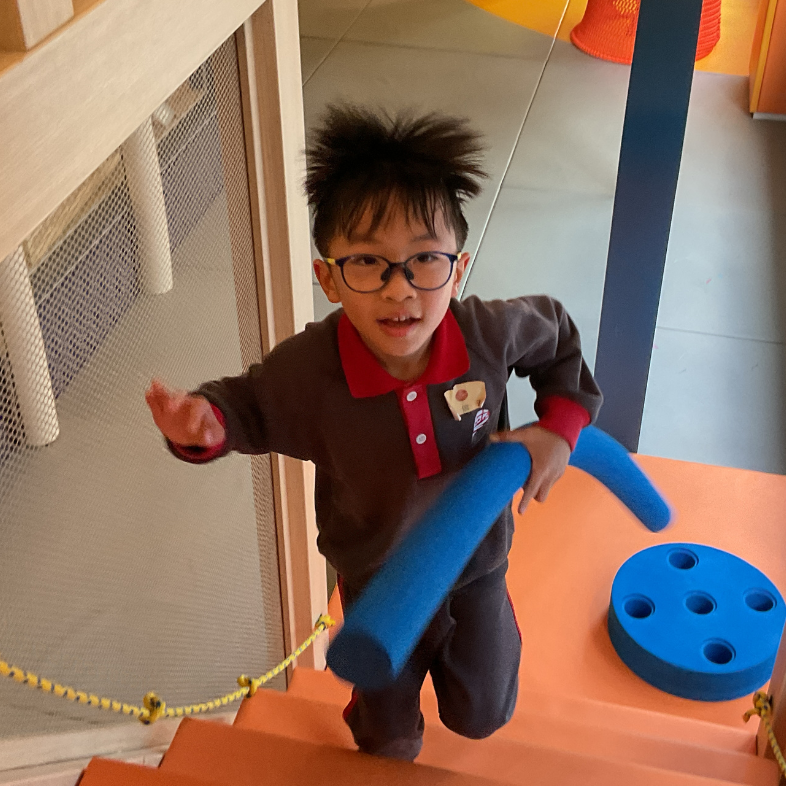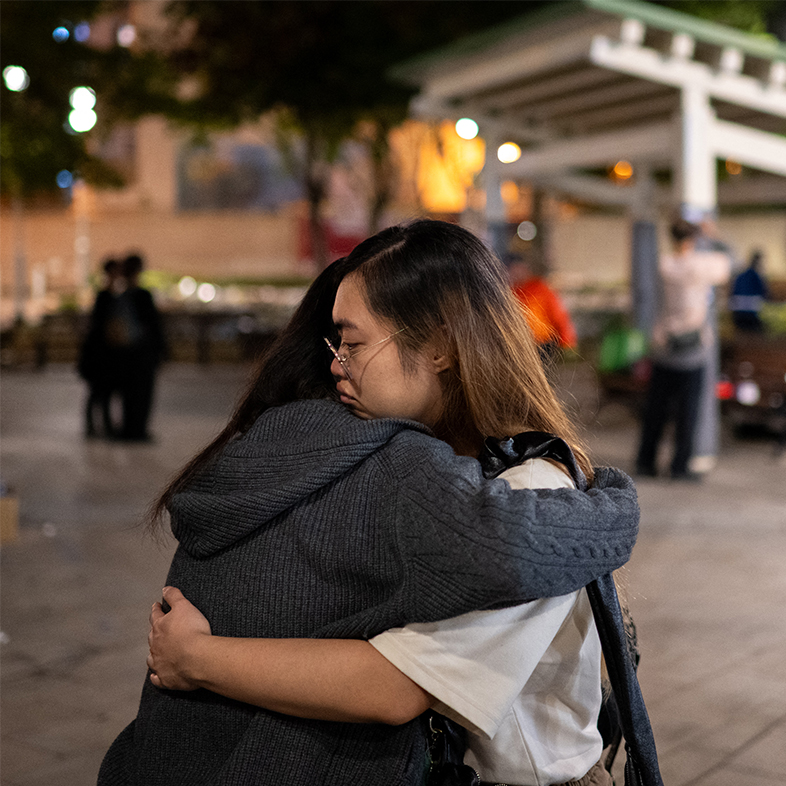

Explore our latest activities.
View all events
Exhibitions, Installation
Harmonious Horse International Exhibition Tour
Throughout the Year of the Horse, a series of horse sculptures created by renowned international cross-disciplinary artist Simon Ma, will tour various districts across the city.
19 Feb – 31 Dec 2026
Sha Tin Racecourse & Various district

Art performance, Installation
InnerGlow & Searchlight 2026
As one of Tai Kwun’s signature annual programmes, this event introduces the world's leading light projection mapping technology to Hong Kong, presenting a spectacular mapping show on the historic façades of Tai Kwun, offering the audience a visual feast.
6 – 22 Feb 2026
Tai Kwun

Carnival
Ponies on Parade
Share a joyful moment with the adorable Shetland ponies against the iconic heritage façade of Tai Kwun, getting up close with them to create unforgettable memories.
7 – 15 Mar 2026
Tai Kwun


















